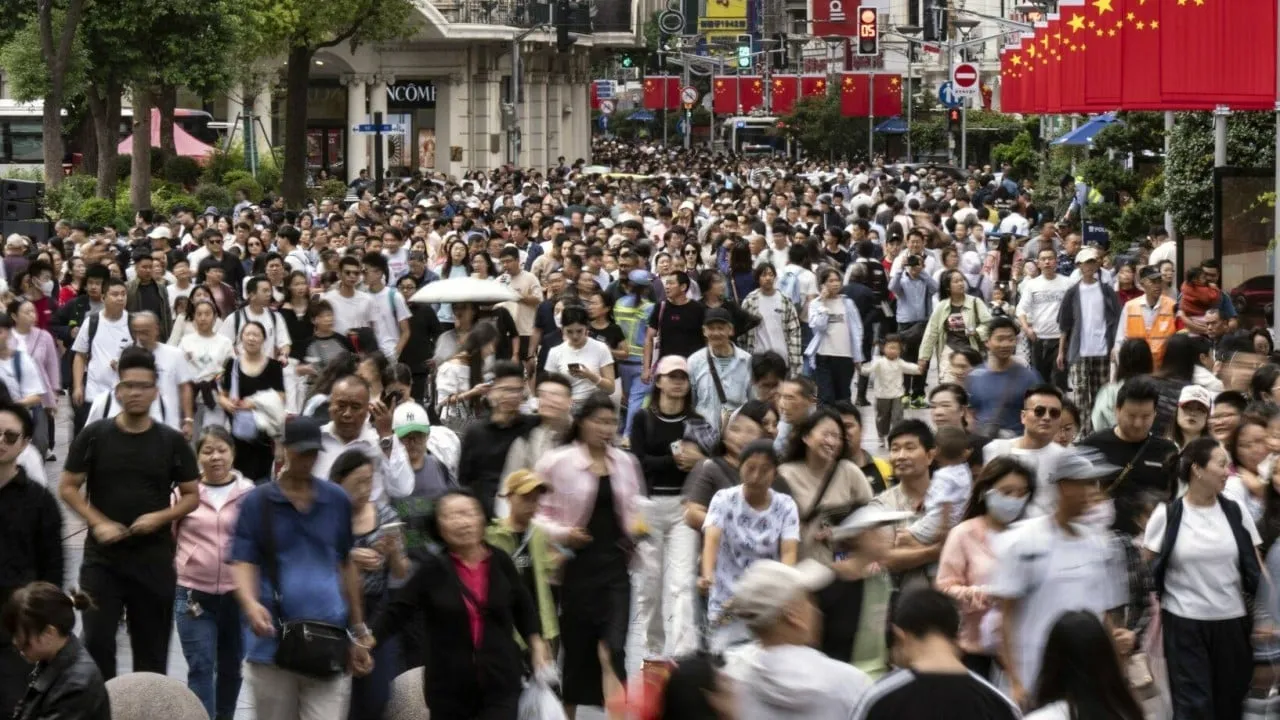Interest Rate and Mortgage Insights: The Limitations of China’s Stimulus Measures

The Limitations of China's Stimulus Measures
China's recent stimulus measures are drawing attention, particularly regarding their impact on interest rates and mortgages. Beijing's concerns about the economic downturn have led to aggressive actions aimed at boosting consumption. However, analysts express skepticism about whether these measures are enough to tackle the underlying challenges influencing China's economy. The importance of confidence and the potential for deflation complicate the situation further.
Market Reaction
- CSI 300 index saw its best week since 2008, with a 25 percent rise in just a week, reflecting a momentary surge in optimism.
- Bank of America notes a shift in retail investor sentiment, with many now more optimistic than before.
Challenges Ahead for Policymakers
Despite the initial positive market response, the real test lies ahead. Assessments of the stimulus package reveal cautious outlooks regarding its effectiveness on the real economy. Policymakers must balance traditional investment priorities with the urgent need to stimulate consumption.
The Path Forward
- Address the growing deflationary pressures exacerbated by excess investment.
- Shift focus towards increasing social security-related spending to stimulate demand.
- Overcome significant public finance challenges limiting expansive welfare measures.
While the chance for an extended rally in Chinese stocks remains, sustainable growth necessitates a transition in policy direction. Just a single round of stimulus measures won’t suffice to restore China’s economy to its full health.
This article was prepared using information from open sources in accordance with the principles of Ethical Policy. The editorial team is not responsible for absolute accuracy, as it relies on data from the sources referenced.